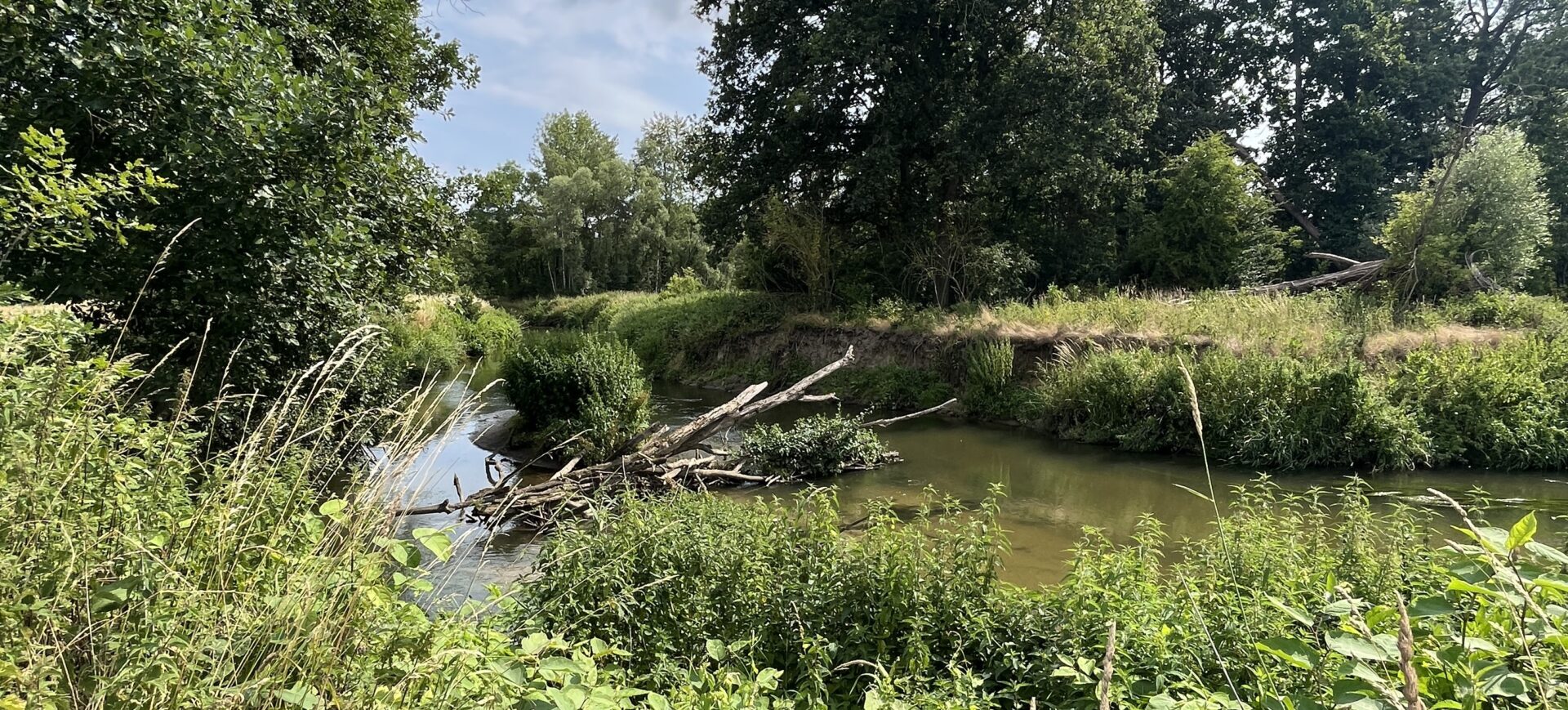The Nature Restoration Law is an opportunity and necessity to continue the fight against the climate crisis and the associated loss of biodiversity. In order to protect our climate, we must restore 30-50% of carbon-rich ecosystems, such as peatlands and forests1. Instead of advocating for the preservation of our livelihoods, conservatives and far-right extremists campaigned against the Nature Restoration Law with false claims and ultimately voted against it. Despite this, a progressive majority led by the Greens managed to prevail in the end.
Green Milestones
- June 2023: Vote on the Parliament’s position regarding the Nature Restoration Law
- November 2023: Conclusion of trilogue negotiations between Parliament, Council, and Commission
- February 2024: Adoption of the draft law in plenary
Despite the resistance of many conservatives, an agreement was reached, envisaging that at least 30% of habitats in poor condition should be restored by 2030, and by 2050, 90%. This would provide insects and other animals with a home again, and unbearable heatwaves could be reduced in the future.
Achievements and Compromises: Changes in the Nature Restoration Law
Due to negotiations with the member states, there have been some downward deviations from the original position. For example, the ban on deterioration of the condition of ecosystems is formulated very vaguely. Nevertheless, there is a number of successes worth celebrating:
Peatlands, which are considered natural allies against the climate crisis, are to be rewetted and protected. This is particularly promising as it is seen as one of the simplest ways to sequester carbon from the atmosphere.
Furthermore, member states are obligated to take measures to increase the population of wild pollinators by 2030.
Renaturation for Disaster Prevention: The Case of Leuven
The Restoration Law not only ensures that nature can recover and animals regain their habitat, but it also provides protection against environmental disasters. For example, near the Belgian city of Leuven, an area formerly used for agriculture has been restored. The nature reserve ultimately spared the city from the devastating consequences of a flood by allowing heavy rainfall to disperse in the area. I took a closer look at this during a local visit:
Crucial Hurdle: Member States Must Give Final Approval
The Nature Restoration Law still needs final confirmation from the Council. To stand a chance in the battle against the climate crisis, we must remain actively engaged and counter the extensive lobbying efforts of conservatives opposing the legislation. After all, it is our obligation to pass on a livable planet to our children and grandchildren. To achieve that, the Nature Restoration Law is an absolute necessity!
- IPCC (Intergovernmental Panel on Climate Change) ↩︎

